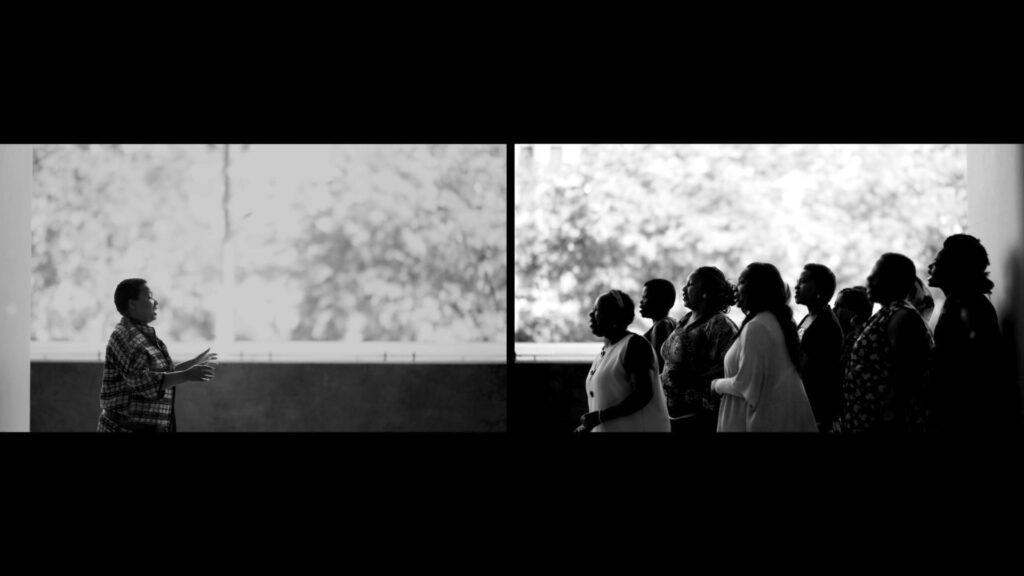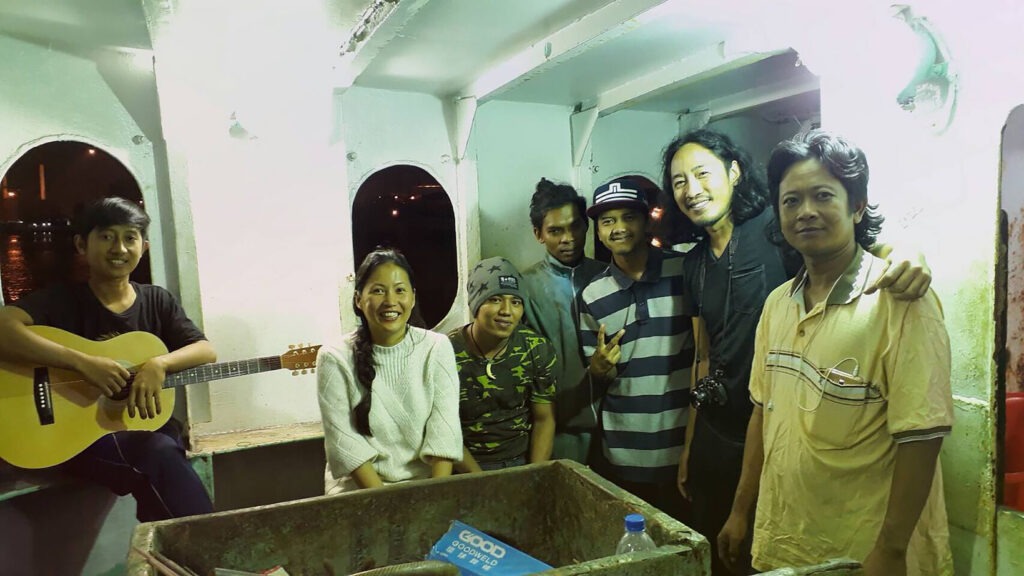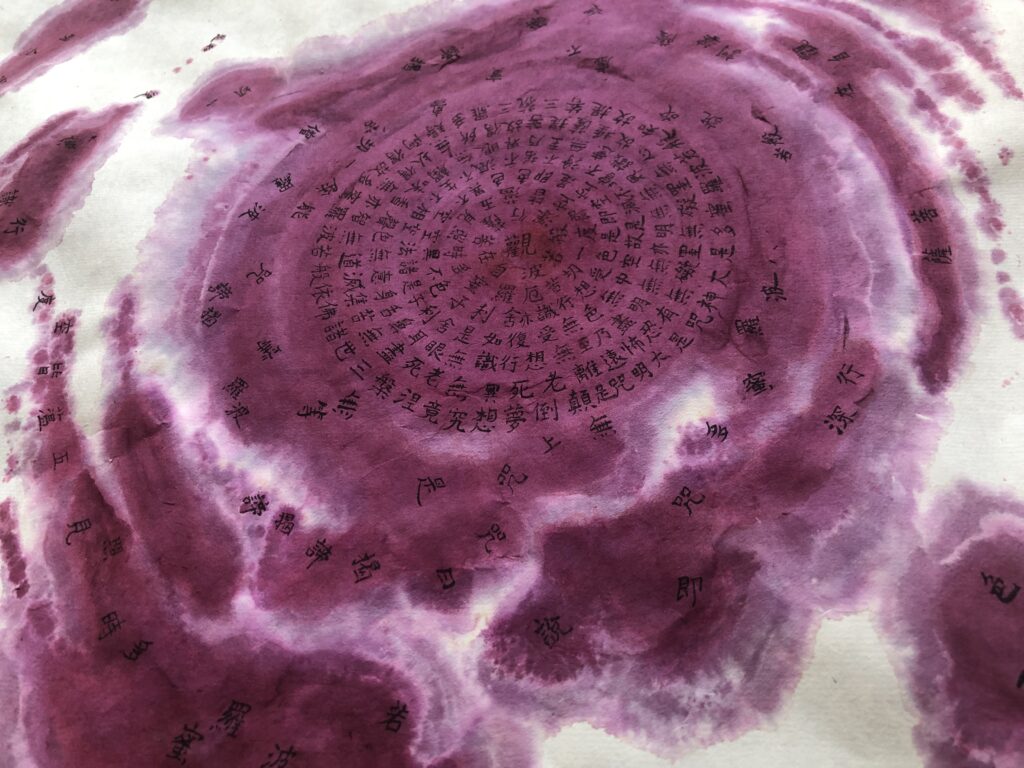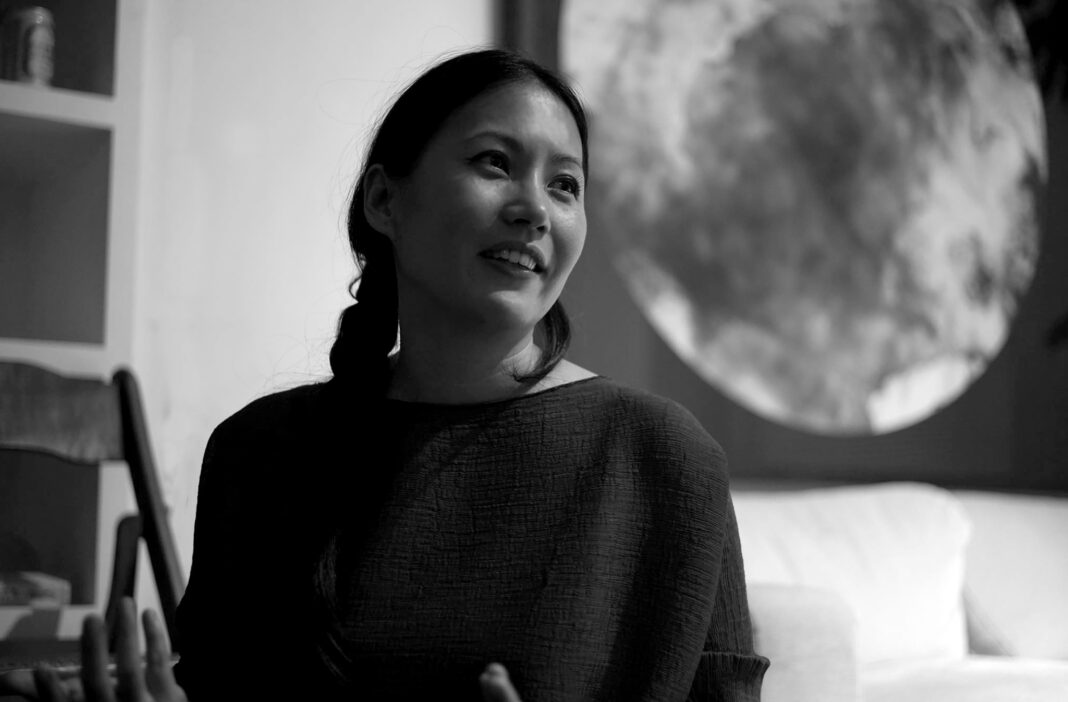Taiwan. Taipei City. The COVID-19 pandemic has thrown the cultural sector worldwide up in the air in a storm of uncertainty. Institutions, producers, and contemporary artists are needed to adapt to a new set of limiting circumstances. Transcontinental Times interviews Taiwanese contemporary artist Charwei Tsai who talks about changes in her work, COVID-19, and her hopes for the future.
Two sides to Charwei Tsai’s work
As a Buddhist, Charwei’s art is both introspective and social. The practice of her art deepens her spiritual studies as she attempts to visualize interdependent reality, a major part of Buddhist teachings. The social component of her art is to give voice to those who would otherwise remain silent and unseen.
She does the latter by editing Lovely Daze, a printed platform for contemporary artists and writers to express their production with their words. Also, she works with marginalized communities and social issues.
The Songs we Carry: Refugee songs about their journeys

In 2017 the team of Southbank Centre supported Charwei to work with two groups of women asylum seekers in the United Kingdom. One group was detained indefinitely at Yarl’s Wood Immigration Removal Centre. The second was an activist group, Women For Refugee Women. Together with a vocal therapist, they conducted a two-month-long singing workshop presenting the results at the Royal Festival Hall. “It was important to showcase the voices in a very public place in London since most taxpayers- who fund these detention centers, privately run by large corporations- are not aware of the inhumane conditions inside them.”
The singing series Songs We Carry includes two more projects. One of which serves migrant boat workers in a harbor in Taiwan. As Charwei explains many of them come from Indonesia, Vietnam, the Philippines, and parts of Africa and are modern slaves. The pandemic has aggravated the precarious situation of these marginalized communities. Thus, she aims to “raise awareness on the inequalities that are occurring everywhere.”

COVID-19 brings changes to artistic production
“Life is uncertain and death is the only certainty. We tend to take life for granted. Now, everything is very obviously uncertain.”
Charwei has integrated this upheaval to reflect introspectively and to stay aware of the situation around the world, contributing wherever she can.
For example, she is making her methods of production more sustainable. She replaces the materials at her studio with natural pigments made of soil, minerals, and plants. Also, not flying for over six months has surprised her positively. “I noticed how much I am still able to accomplish without taking any flights. I have been much more focused on my studio practice as a result of this.” Before the pandemic, and for the last 17 years, Charwei hadn’t spent more than four months without an international flight for an exhibition. Now, all her international shows have been indefinitely postponed.
“The pandemic killed my ideals”
However, the changes do not pertain only to her artistic practice. “I had almost a survival instinct to take immediate actions to change my consumption habits. I stopped eating meat and replaced all plastic containers. In fact, the more independent I am from the capitalist system and mass consumption, the safer I feel.” She added, “Overall I’d say the pandemic has killed my ideals, but it has also saved me by grounding me in the reality of the present moment.”
Integrating the future
Despite the forced changes, she remains very active. She will be an online guest in Studio Language, a class on art and language at Harvard. She is also working on a ritual for the Contemporary Art Center (IAC) in Villeurbanne, France. “Since most likely I will not be able to be physically present for the project, I will be giving instructions to the participants to make a work collectively through a ritual.” Performance art is finding new ways of maintaining immediacy and direct communication, and the digital platforms are assuming a greater presence in artistic production. Also, she is preparing a solo exhibition this fall through a private foundation in Taiwan.

Charwei is producing new works made mainly from plant-based materials. Before the pandemic, she visited a remote island in Indonesia known for its textiles. With the invaluable support of Alia Swastika, an Indonesian curator, she started working with a young weaver beginning her textile studio. All materials in this project are local: the cotton is from a nearby island, and local plants make dyes in indigo, red, and yellow.
Charwei emanates serenity, open-mindedness, and groundedness. She considers this crisis, and the many yet to come, as opportunities. She remains optimistic, with a message of hope and social and personal responsibility:
“I hope we can take this precarious time to recover from our addiction to over-consumption, which is the root cause of most inequality. Also, I hope that we can learn from this difficult lesson on the preciousness of all lives regardless of race, gender, and wealth.”



